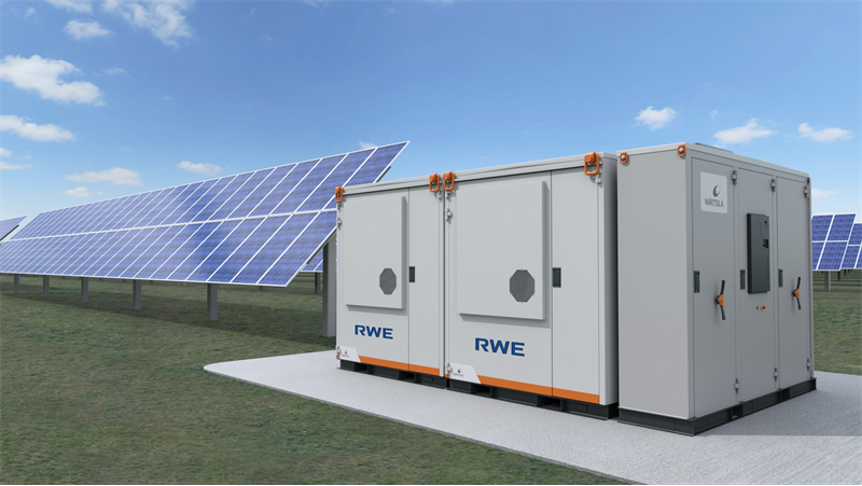
US Energy Storage Tax Credit Promises Solar Energy Recruitment Drive
Stand-alone energy storage is now eligible for Investment Tax Credits, courtesy of President Biden’s Inflation Reduction Act (IRA). Developers are considering new storage solutions as a result, which will have knock-on effects on the solar energy recruitment space. Thanks to President Biden’s recent Inflation Reduction Act (IRA), standalone energy storage now qualifies for Investment Tax…
- Stand-alone energy storage is now eligible for Investment Tax Credits, courtesy of President Biden’s Inflation Reduction Act (IRA).
- Developers are considering new storage solutions as a result, which will have knock-on effects on the solar energy recruitment space.
Thanks to President Biden’s recent Inflation Reduction Act (IRA), standalone energy storage now qualifies for Investment Tax Credits (ITCs).
To be more specific, alongside a 10-year extension of tax credits for solar and wind, the IRA provides a sizeable 30% ITC to standalone storage. This represents a significant shift in the solar energy space as it’s the first time that battery storage has been eligible for tax credits without being coupled with a solar facility.
Unsurprisingly, this decoupling effect is causing developers to reassess their storage strategies and should prompt swift and significant improvements in America’s total energy storage capacity. In this article, we’re going to discuss this shift in more detail and how the solar energy recruitment space may change with it.

The Impact of the IRA
Both solar-plus-storage and standalone storage systems should benefit from these ITC changes.
Wood Mackenzie, a leading industry research firm, have previously suggested that a 30% storage ITC would lead to a 20 to 25% increase in storage deployments over the ensuing half-decade. They now expect US energy storage capacity to hit 59.2 GW by 2026 – a dramatic rise from last year’s 4.6 GW.
Furthermore, storage projects will become more viable from an economic standpoint. Storage developers will no longer be restricted to areas that are best suited to large solar farms. They can establish storage assets in previously unsuitable – yet far more economically appealing – locations, such as urban areas.
Given these advantages, other developers may, if they can renegotiate contracts and sidestep issues around interconnection access, even decide to divide their current solar-plus-storage assets into separate facilities.
A Huge Boost to Solar Energy Recruitment
It’s well-known that the global transition from fossil fuels to green energy sources is, for want of a better word, fueling a boom in renewable energy recruitment.
According to Forbes, the “overall energy sector jobs rose 4% in 2021, adding more than 300,000 jobs…[This] job growth outpaced overall U.S. jobs growth, which rose 2.8% in 2021.”
So, we expect solar energy recruitment to surge following the tax credit lift from the IRA and the spike in new storage projects that are set to follow. Indeed, while Texas remains the largest storage market in America, we’re already seeing accelerated deployments in other markets, such as the New York ISO (NYISO) region.
Various obstacles, including supply chain constraints and the roll-out of regional market regulation, may hinder the rate of growth. Yet Dan Patry, manager of US Policy Innovation at the storage solutions provider, Fluence, has said:
“Utilities will be re-assessing procurement targets in light of the IRA, and NYISO has already put a stake in the ground with respect to energy storage targets.”
If the current pattern of growth continues, the number of new jobs in the solar energy industry seems certain to increase. If you are a company considering hiring in this space, then we welcome the opportunity to present our services and capabilities.
If you are a candidate, please check our jobs page or contact us to discuss your background, skills, and future aspirations. We always look forward to keeping in touch and exchanging ideas, insights, and opinions.
Sources:

David Byrne
Managing Director | Partner, Americas
+1 832 623 0114
david@aurexgroup.com

